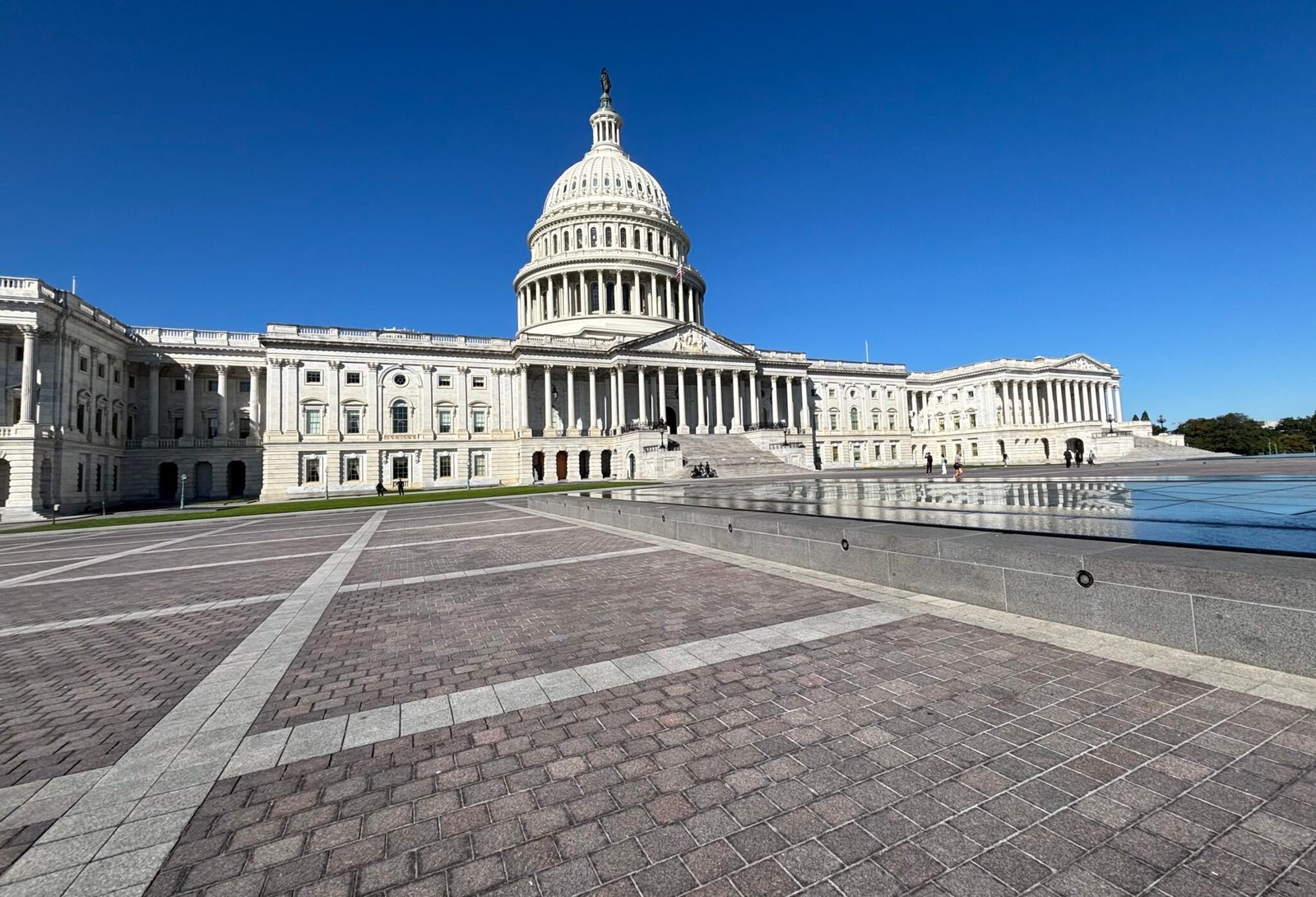2024 election
Republicans Seize 218 House Seats, Mastering Washington’s Trifecta Control

WASHINGTON — Republicans are set to maintain their majority in the U.S. House and reclaim control of the Senate in January, paving the way for significant policy changes over the next two years.
The GOP secured the 218 House seats needed for a majority late Wednesday, as reported by The Associated Press, which has extensive experience in race calls. Currently, the AP has assigned 208 seats to Democrats, with nine remaining undecided as of early Thursday.
With President-elect Donald Trump returning to the White House, these election outcomes promise far-reaching consequences for the nation’s trajectory. This scenario may open the door for Trump to appoint additional justices to the Supreme Court.
Speaker Mike Johnson, R-La., addressed the media on Tuesday prior to the AP’s majority projection. He noted that he has been in discussions with fellow Republicans to establish a strategic plan for unified governance, though he withheld specific details.
“Over the past year, I’ve been collaborating with our committee chairs and Senate colleagues to implement this America First agenda,” Johnson stated. He promised it would enhance the economy, curb inflation, secure borders, restore energy dominance, promote educational freedom, and tackle bureaucratic inefficiencies.
The AP forecasts that Republicans will hold 53 Senate seats after successfully flipping Montana, Ohio, Pennsylvania, and West Virginia from Democratic to Republican control. However, a slight chance remains for the Pennsylvania seat to revert back to the Democrats.
Incumbent Democratic Senator Bob Casey has yet to concede Pennsylvania’s Senate race to Republican candidate Dave McCormick, with the contest poised for a recount.
The final outcomes of these outstanding races will be crucial in determining how often Republican leaders will require Democratic support in the next two years versus going solo.
House Republicans have faced substantial challenges over the past two years when trying to pass legislation without Democratic backing, primarily due to internal divisions between moderate and far-right members.
This ideological split is unlikely to fade in the upcoming Congress, particularly as Republicans are expected to maintain a precarious House majority.
GOP leaders are anticipated to prioritize adjustments to their 2017 tax law, especially components set to expire. Additionally, reshaping the Affordable Care Act is a prominent goal.
They are likely to utilize the budget reconciliation process to navigate around the Senate’s 60-vote requirement, minimizing the need for Democratic cooperation.
Regular congressional tasks will also demand attention, including crafting the twelve annual government funding bills and the National Defense Authorization Act.
In light of their usual campaigning on budget deficits, Republicans must address the impending debt limit, scheduled to lapse on January 1. They have a limited window of “extraordinary measures” to negotiate a deal to prevent a default, which could trigger a global financial crisis.
Johnson is expected to retain his position in the House, having helped to secure the majority, although he will need to pass a formal vote in January.
In the Senate, South Dakota’s John Thune will ascend to majority leader following a secret ballot vote among Republican senators.
The newly established GOP leadership and relevant committees are gearing up for a rapid two-year agenda to implement as many initiatives as possible before the next electoral cycle in November 2026.
Last updated 4:51 a.m., Nov. 14, 2024


















